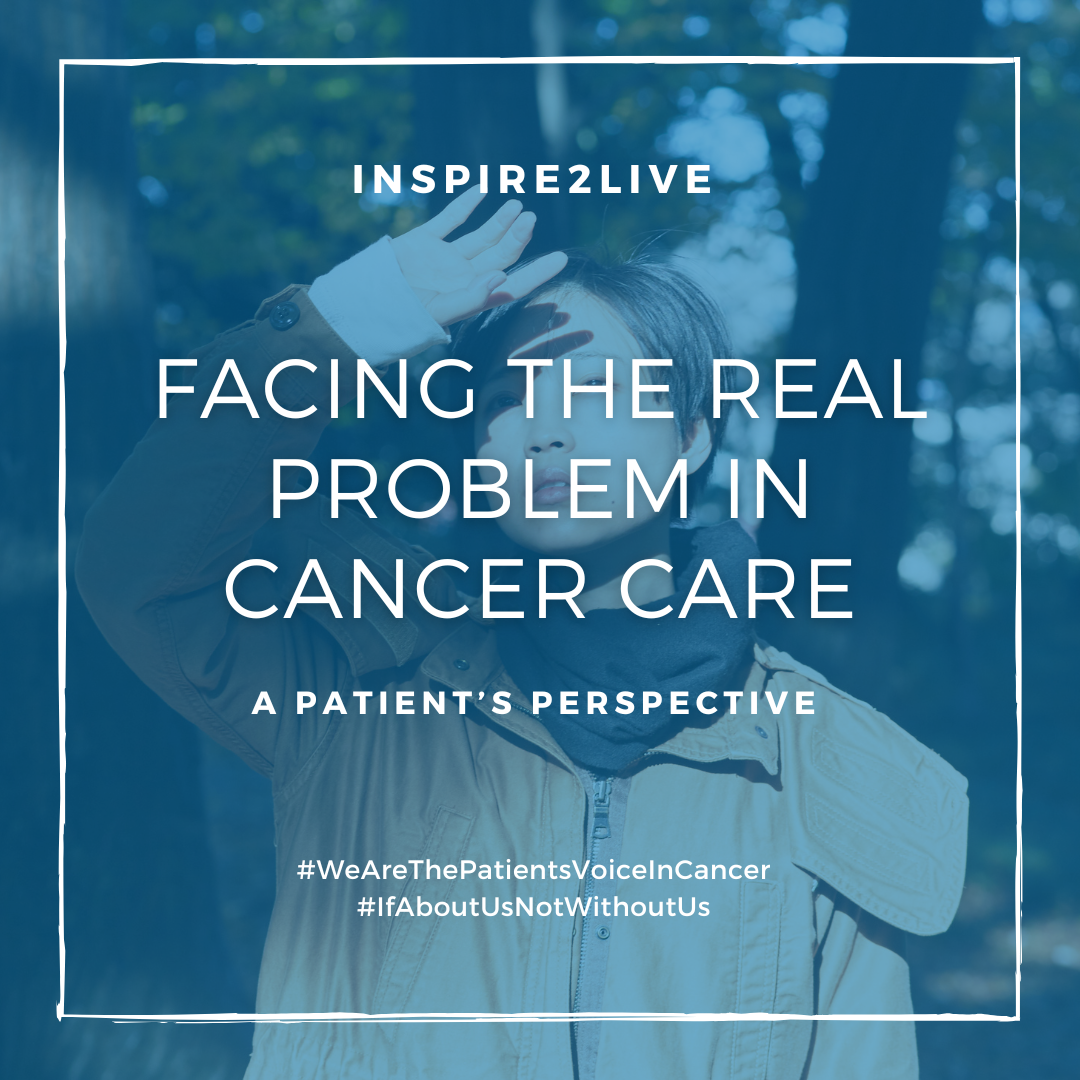Confronting difficult questions and situations in cancer care
This week, I was confronted once again with a series of difficult questions and situations that affect people living with cancer. I speak not just as an observer, but as someone directly affected — I am a cancer patient myself, living in the relatively wealthy Netherlands. And believe me, many of the issues we face here would be considered a luxury in most low- and middle-income countries. We have the privilege of resources and time — time to reflect, to analyse, and to search for solutions. Or so we think…
Problems in cancer care
We face staff shortages. We endure long waiting lists. Our medicines are often too expensive or unavailable. There are differences in care between hospitals — in one, a patient may die; in another, they may survive. Having created a fragmented system, we must now clean it up. And yet transparency remains elusive. We gather data, but not for the eyes of patients. Please don’t tell the patient! The harsh truth is that these issues have persisted for decades. So, the question is: how do we solve them?
The real issue in healthcare
In the Netherlands — this is by no means a uniquely Dutch issue, but one shared by much of the affluent Western world — we tend to form working groups, committees, task forces. We organise endless meetings. We are expert talkers. But we rarely talk about the real issue. The real issue is not the waiting lists, the lack of transparency, or even the staff shortages. The real issue is that we are failing to help patients, and as a result, they are dying.
The urgency of solutions in healthcare
If a lighting company fails to manufacture a light bulb, we sit in the dark and light a candle. But when healthcare fails, people die. That is the problem we must face up to and solve. Please don’t tell me it’s too difficult. Complexity is why you work in healthcare. Solving complex problems is part of the calling. Please don’t say there’s no money. There is more than enough money in healthcare, but far too much of it is spent in the wrong places. And far too many people without firsthand experience are being allowed to steer the conversation.
The need for patient-centered care
If we start with a clear definition of the problem – preventing unnecessary death and suffering – we sense the urgency. We also see that all these working groups and meetings, though well-intentioned, often produce little more than additional paperwork, budgets, and systems to maintain – systems sustained by those who are not living with cancer and will not die from it. The painful truth is that we are allowing people to die when action is possible. This failure is not just medical – it is inhumane.
Call to action for better cancer care
Work with patients. Listen to us. Feel the urgency… and the consequences of your inaction.
Peter Kapitein
Patient Advocate Inspire2Live

